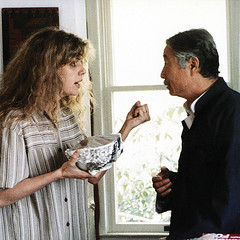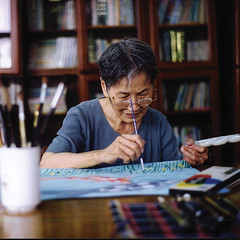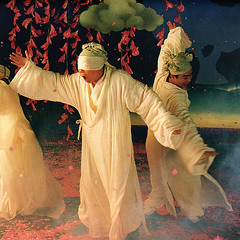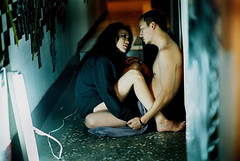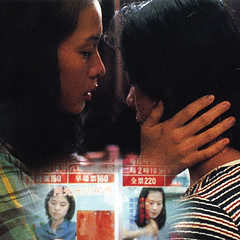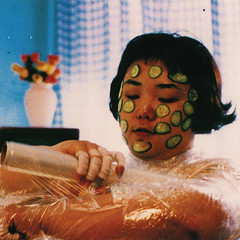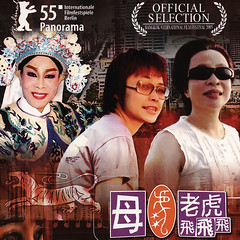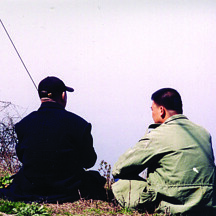Pushing Hands
推手
Tui Shou
Directed by Ang Lee
導演 李安
(1991)
Asian and western cultures collide in Ang Lee’s debut film. The pushing of hands, a tai Chi technique, teaches how to maintain one’s balance while destroying one’s opponent’s. Set in the U.S., the film traces the relationship between a Taiwanese man who has married an American woman, which takes on new complications when the man’s father, a tradition-minded Tai Chi master, moves into their home and their lives. Pushing Hands was the first in Ang Lee’s series of three father-centered films featuring veteran actor Lang Sihong. Lang would go on to appear in Lee’s The Wedding Banquet and the internationally renowned Eat Drink Man Woman.
